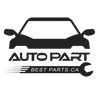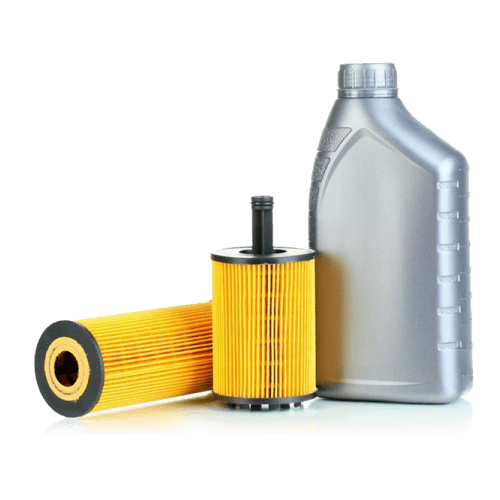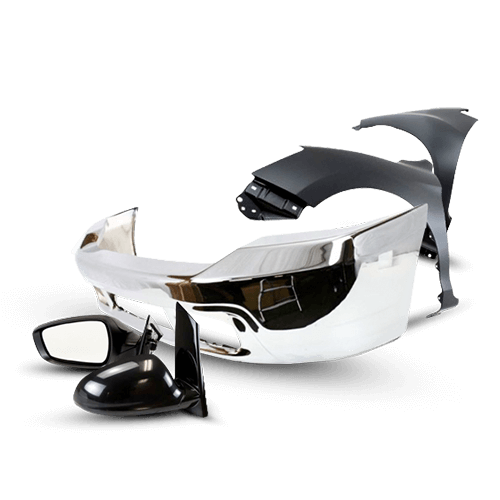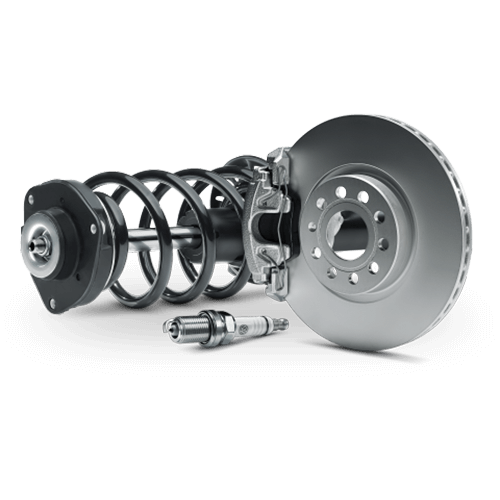FAQs
1. How long does the car suspension last?
Sometimes it is possible for any part of the suspension system to be damaged and worn out, but most of these parts should last between 80,000 and 130,000 kilometers before needing repair.
2. How to find out if the suspension system is damaged?
An easy method is the jump test. Just press all your weight on the hood of the car. Release the car and count the number of jumps. If this number is more than three times, your shock absorbers have a problem.
3. Is there a way to protect the car suspension?
To protect the suspension system, the following measures should be taken: • Air in the tires • tire tread • Car wheel alignment • Steering box oil • Bushes and fittings • Shock absorbers
Product successfully added to your Shopping Cart





